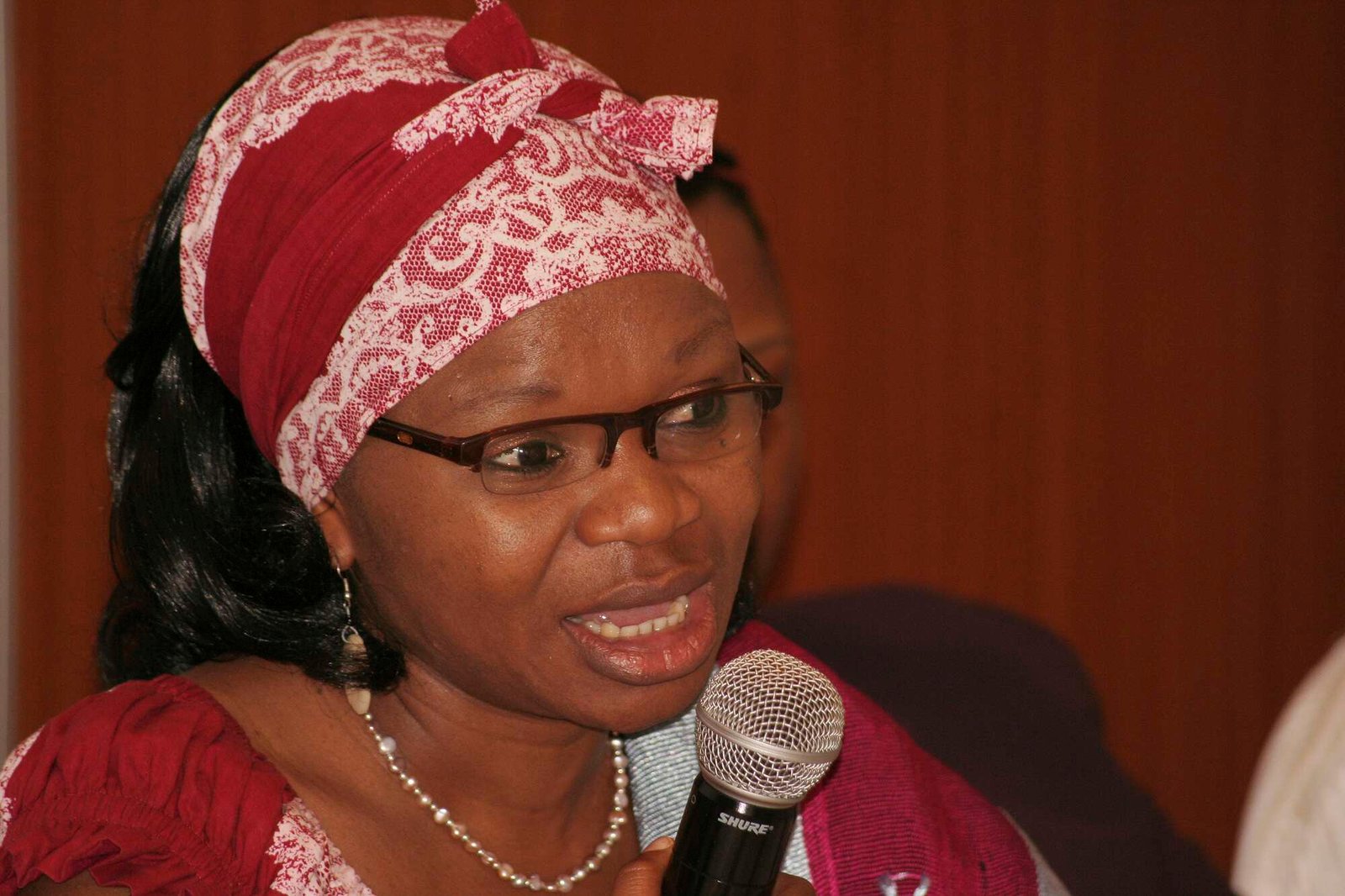[ad_1]
Economy
How polygamous marriages are fuelling poverty in Kenya
Wednesday June 21 2023
Dr Joy Kiiru, a development economist. FILE PHOTO | PHOEBE OKALL | NMG
Male-headed polygamous marriages in urban areas are likely to be poorer than their rural peers pointing to the high cost of maintaining more than one wife in major cities and towns.
A new report by the national statistician has shown that 54.9 percent of urban polygamous families are poor compared to 43.6 percent of their counterparts in rural areas.
The findings, contained in a new report poverty report by the Kenya National Bureau of Statistics (KNBS), point to the high cost of maintaining a polygamous union, which until 2014 had been a cultural practice.
“Urban male-headed households in polygamous marriages have the highest propensity of poverty at 54.8 percent compared to their counterparts in other marital statuses and area of residence,” reads part of the report.
The findings confirm that most polygamous marriages in Kenya, and other African nations, are fuelling poverty — with husbands neglecting one family over another.
“Psychologically, why does a man get more than one wife? In most cases, he believes that he can take care of them. It is a case where a man believes that he can take care of more than one wife,” said Dr Joy Kiiru, a development economist.
“In the rural areas, there is enough land, maybe. He can give every woman a piece of land. And in urban areas, he has enough money he can get every woman a place to live in.”
Almost 1.5 million Kenyans — or 10 percent of the married population — are in a polygamous marriage, according to data from the 2019 Kenya Population and Housing Census, also by KNBS.
A high cost of living in urban areas — where households have to pay for food, rent, gas, electricity and water — makes it expensive for a man to maintain more than one wife.
In rural areas, families do not pay rent, do not buy water, and tend to grow their food.
Prices of basic commodities in major towns such as Nairobi have risen sharply over the last 12 months.
Inflation, a measure of the cost of living over 12 months, rose to a five-year high of 9.59 percent in October last year before dropping to 8.03 percent in May.
Inflationary pressures have come mostly from a spike in prices of food and fuel, hitting urban households the hardest.
Sky-high inflation has forced many households, especially in the low-income segment, to reduce their shopping basket in an environment where firms have frozen salaries as they recover from the Covid-19 economic hardships.
Also read: Love poverty: Cost of dating hits new high on inflation
As the report shows, unlike in rural areas where polygamous households produce their food, in towns and cities, food has to be purchased.
In 2014, former President Uhuru Kenyatta signed into law the Marriage Act 2014, which defines various types of marriages, customary, Islamic, Christian and Hindu.
While no data is showing the number of men in urban areas that took advantage of the law to formalise their polygamous unions, there have been increased cases of men renting a house for their second, younger spouse.
Polygamous marriages that have been made public have mostly been for wealthy individuals who cannot be categorised as poor.
Read: Kenya’s rich get richer as gap with the poor widens
A person is considered food poor if their consumption is less than Sh2,331 per month in rural areas and Sh2,905 per month in urban areas.
Read: Why it’s harder to survive on Sh46,355 a month in Nairobi
Interestingly the share of poor urban women in polygamous unions is lower at 42.8 percent.
An analysis of census data showed that more men than women are getting into polygamous marriages with the increase in age.
A 2018 survey by KNBS showed that polygamous unions were more widespread among rural dwellers at 8.4 per cent than urban (3.1 per cent).
In contrast, monogamous unions are highest in urban areas, accounting for about 56.6 per cent compared to 52.8 per cent in rural areas.
→ [email protected]
[ad_2]
Source link



